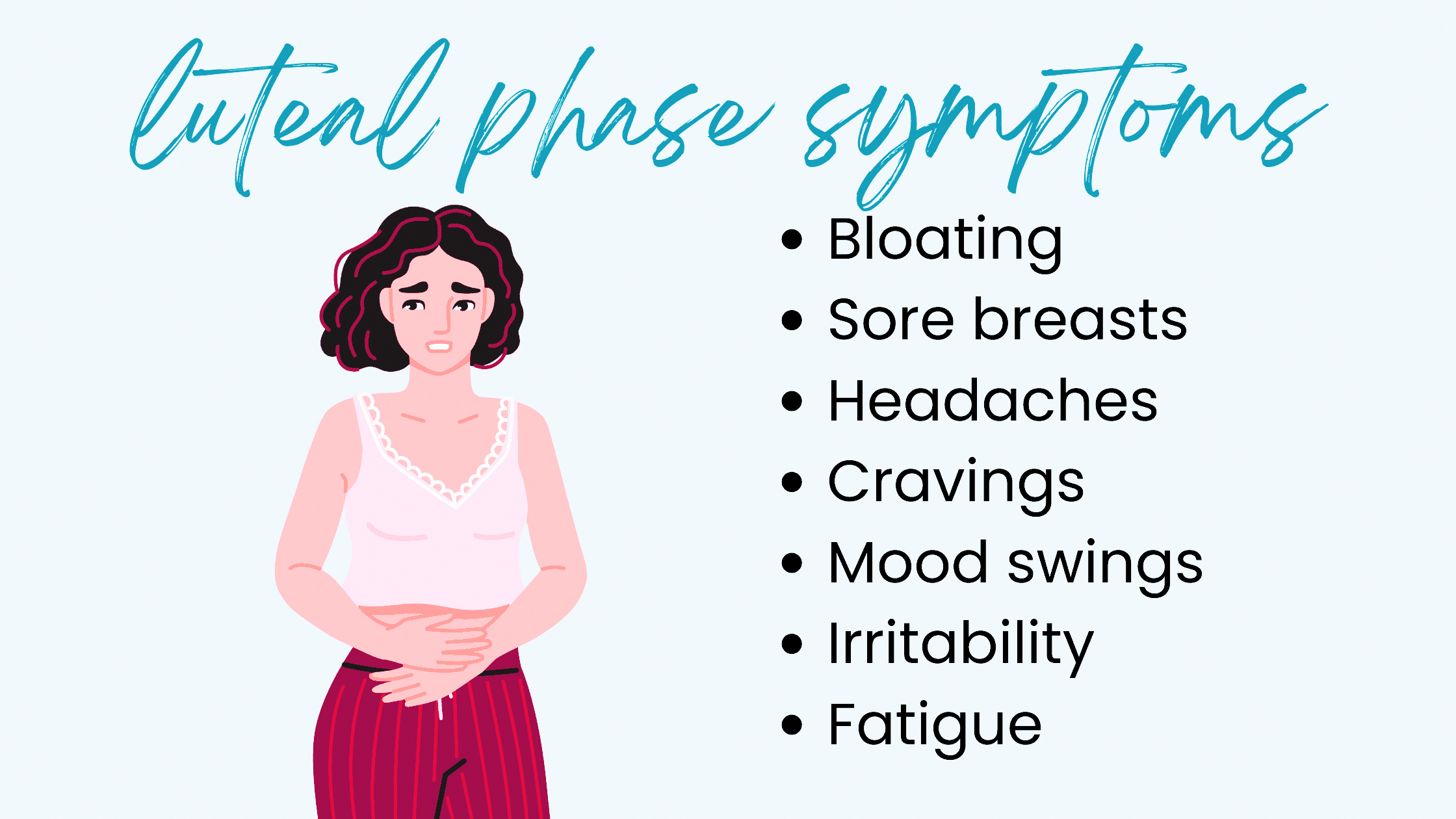
The journey to conception is a complex process that involves various stages within the female reproductive system. One essential phase in this journey is the luteal phase. Understanding the luteal phase is crucial for those aspiring to conceive, as it plays a significant role in the menstrual cycle and fertility. Thereby, it is imperative to learn about the luteal phase and its involvement in the reproductive journey.
What is Luteal Phase?
The luteal phase in the menstrual cycle is the time between ovulation and the onset of the next period. Throughout this phase, the corpus luteum, which is the residual follicle in the ovary after the release of an egg, produces progesterone. This hormone plays a crucial role in thickening the lining of the uterus, preparing it for the potential implantation of a fertilized egg.
Symptoms of the Luteal Phase:
Understanding the symptoms can provide insights into the body’s fertility goals. Common symptoms include:
1. Breast Tenderness
2. Mood Swings
3. Anxiety
4. Fatigue
5. Bloating
6. Breakouts
Duration of the Luteal Phase:
The luteal phase takes place in the second half of the menstrual cycle, commencing post-ovulation, typically around day 15 of the cycle.
It typically lasts around 12 to 16 days, average of 14 days. However, some women encounter a shorter luteal phase due to luteal phase deficiency (LPD). It is characterised by diminished levels of progesterone leading to insufficient development of the uterine lining. It can lead to infertility and miscarriage.
A short luteal phase hinders the growth and development of the uterine lining, making it challenging to provide sufficient support for the developing baby. As a result, it can be harder to get pregnant, leading to an extended time to conceive. On the other hand, a long luteal phase might result from a hormonal imbalance, such as polycystic ovary syndrome (PCOS). Alternatively, a prolonged period since ovulation can mean you’re pregnant but are not aware of it yet.
Luteal Phase and Reproductive Journey
During the luteal phase, hormonal fluctuations play a pivotal role in preparing the uterus for potential pregnancy. After ovulation, the follicle that previously ruptured and released the egg transforms into a small yellow structure known as the corpus luteum. This corpus luteum secretes progesterone and estrogen, fostering the thickening of the uterine lining, or endometrium, to create a nourishing environment for a potential fertilized egg. Blood vessels grow inside the lining, which supply oxygen and nutrients to the developing embryo. Progesterone also inhibits further ovulation, preventing the release of additional eggs during the current menstrual cycle.
If pregnancy occurs, the developing embryo produces human chorionic gonadotropin (hCG), signaling the corpus luteum to continue producing progesterone until the 10th week of the pregnancy. After that, the placenta takes over this role. However, if conception does not occur, the corpus luteum degenerates, leading to decrease in progesterone levels. This hormonal shift triggers the shedding of the uterine lining, resulting in menstruation.
Tracking the Luteal Phase
To optimize the reproductive journey, it is essential to track the length of the menstrual cycle, and more specifically, the duration of the luteal phase. This can be achieved through period tracker application. By identifying the length of the luteal phase, one can gain valuable insights into the timing of ovulation and the optimal window for conception.
In conclusion, understanding the luteal phase and its role in reproduction is a key to optimizing fertility. By recognizing and addressing potential challenges, the journey to conception becomes more informed and empowered experience.
The author is the Fertility Consultant, Nova IVF Fertility, Basaveshwara Nagar, Bangalore.